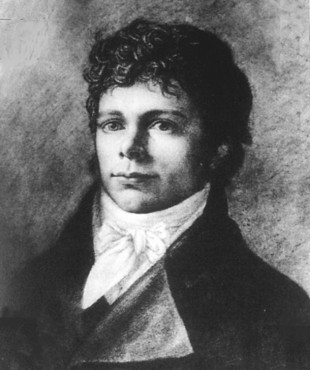Here is the first set of readings for the semester, two from major historical figures and one from a contemporary scholar. We'll attempt to discuss all three on our second meeting of the semester. I'm not sure if we'll get through all three in one session or not, but we will try. I'll add a greater or less number of readings to these once I determine who quickly we are able to move through these materials.
These readings should be moderately challenging. Do not expect to skim through them, glean the necessary information, and call it a job well done. They correct understanding should require careful scrutiny and continuous reflection. The read them in any sense that could properly be called reading should feel like the mental equivalent of a light to moderate workout at the gym. Our readings will get much tougher than these, but this batch should still be an appropriate challenge. As you read, recall that you are responsible for speaking about these writings in class. A good way to prepare for that responsibility is by taking notes as you go and jotting down observations and questions to be brought up in class, or even something as sample as a word whose definition you want to discuss. The more you prepare for class, the better you'll read, the more you'll enjoy class, the more you'll learn, and the higher your grade will be. It's that simple, but there are no shortcuts.
FYI, always remember to run the cursor over images I post here. More often than not they are links to helpful supplemental materials.
§ § §

Wilhelm von Humboldt
(1767 – 1835)
"Theory of Bildung"

F.W.J. Schelling
(1775–1854)
"The Scientific and Moral Functions of Universities"
(living - Cambridge University)
"Elinor S. Shaffer—Romantic Philosophy and The Organization of The Disciplines: The Founding of The Humboldt University of Berlin"


